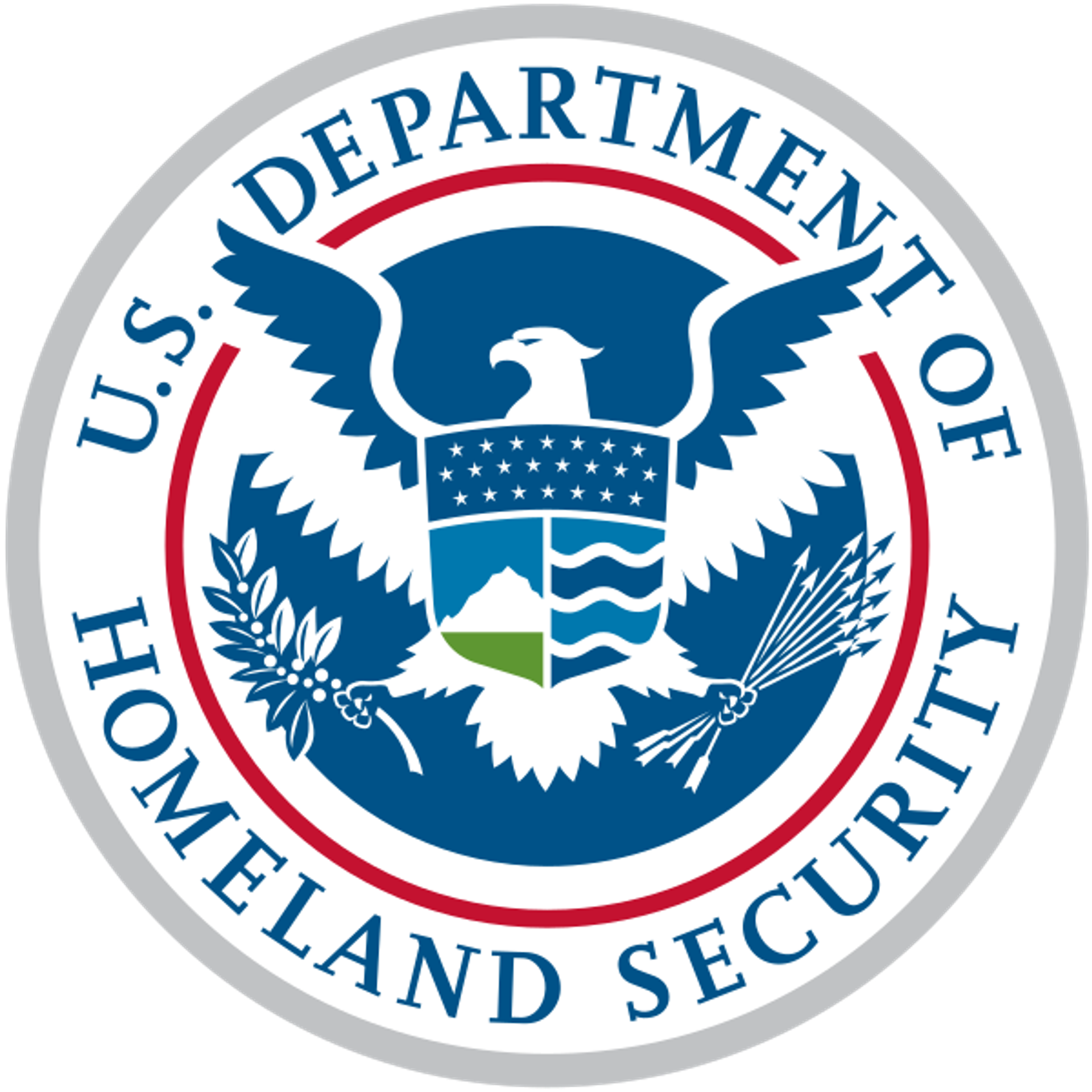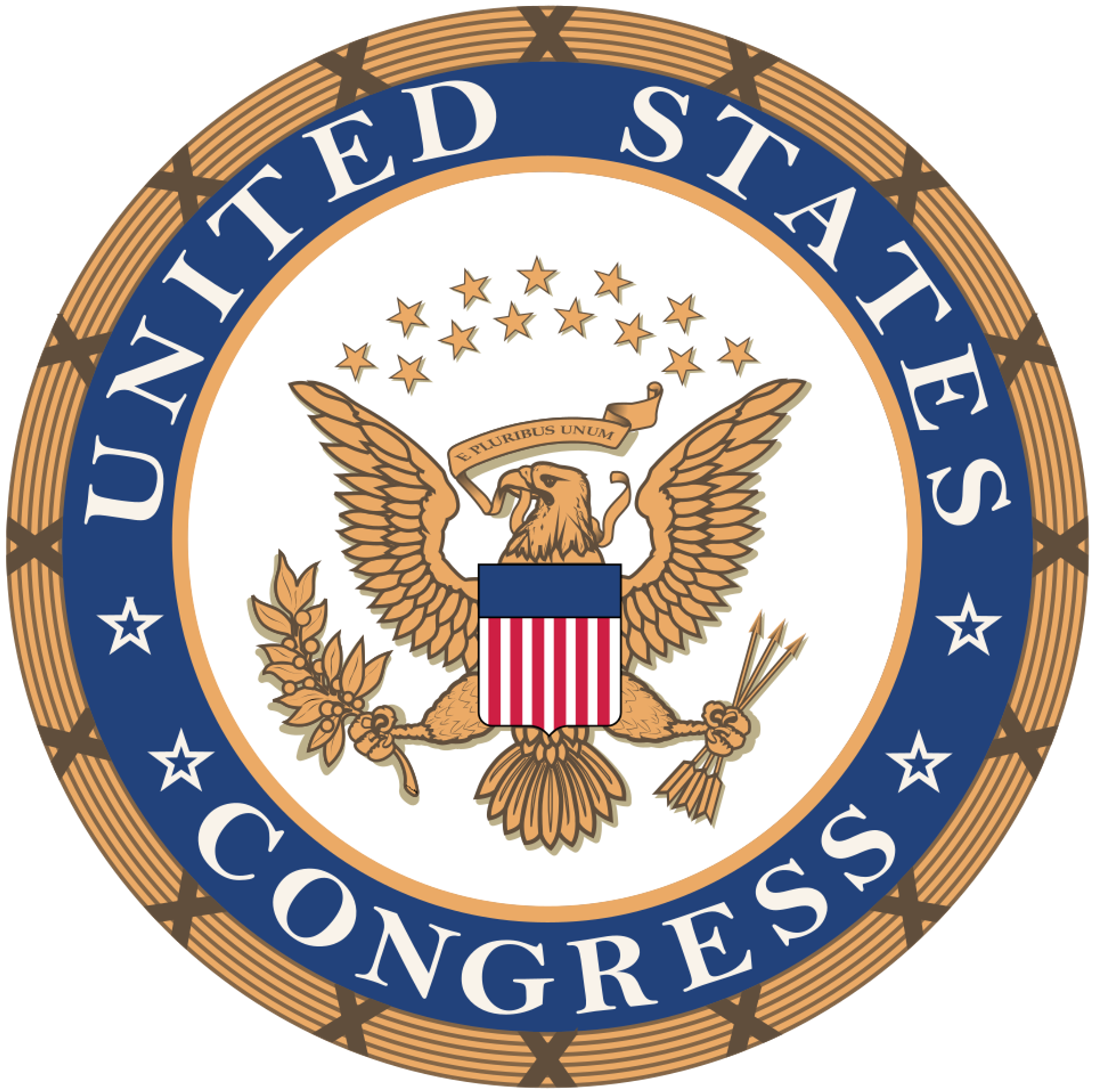
United States Department of Homeland Security
What do people say about United States Department of Homeland Security?
The perception of the United States Department of Homeland Security (DHS) in this context is overwhelmingly negative, characterized by a volatile mix of public protests, political demonization, and violent incidents targeting its agents. DHS officials report a staggering increase in assaults and threats against immigration officers, which they directly attribute to incendiary rhetoric from certain elected officials and advocacy groups labeling ICE and related agencies in extreme terms like 'Gestapo' or 'secret police.' This rhetoric not only undermines the legitimacy of DHS enforcement but also jeopardizes officer safety and morale. The narrative paints DHS agents as executing lawful duties under Congressional authority, yet their role becomes dangerously politicized, fueling confrontations and obstruction attempts by protesters. Such dynamics reveal a deep erosion of respect for DHS operations, escalating risks to personnel, and a fraught environment where enforcement clashes with political activism and public dissent.
Where are the conversations happening?
The analysis is drawn primarily from a politically conservative talk radio source, 'Saturday Morning Update with Rick Fowler,' which frames the issues with a critical tone toward protests and political opposition against DHS and ICE. The source highlights the dangers posed to DHS agents and emphasizes their lawful authority, portraying criticism of DHS as potentially reckless and contributing to violence. The most critical discussions occur around the rhetoric used by Democratic officials and activist groups, who are depicted as escalating tensions and endangering DHS personnel. This source views DHS enforcement as justified and necessary, while casting protesters and their political allies in a negative light, reflecting a partisan perspective but also underscoring serious security concerns faced by DHS.
What are the topics trending around United States Department of Homeland Security?
The trending topics around DHS include escalating violence and threats against immigration enforcement officers, politicized rhetoric labeling DHS and ICE as authoritarian or oppressive forces, public protests opposing federal immigration actions, and legal challenges related to obstruction of justice during enforcement operations.
Why are these topics trending?
These topics arise from recent incidents such as the attempted breach at the Coast Guard base, large-scale protests against immigration enforcement, and the surge in verbal and physical attacks on DHS personnel. The political climate, marked by inflammatory language from elected officials and advocacy groups, directly influences the security environment for DHS agents, making these issues highly relevant and impactful for the department's operations and public perception.
How is United States Department of Homeland Security being talked about?
Detailed breakdown of public sentiment and conversations about this entity.
Impact vs Sentiment
See how each entity's high impact percentage relates to their positive sentiment percentage from actual mentions.




